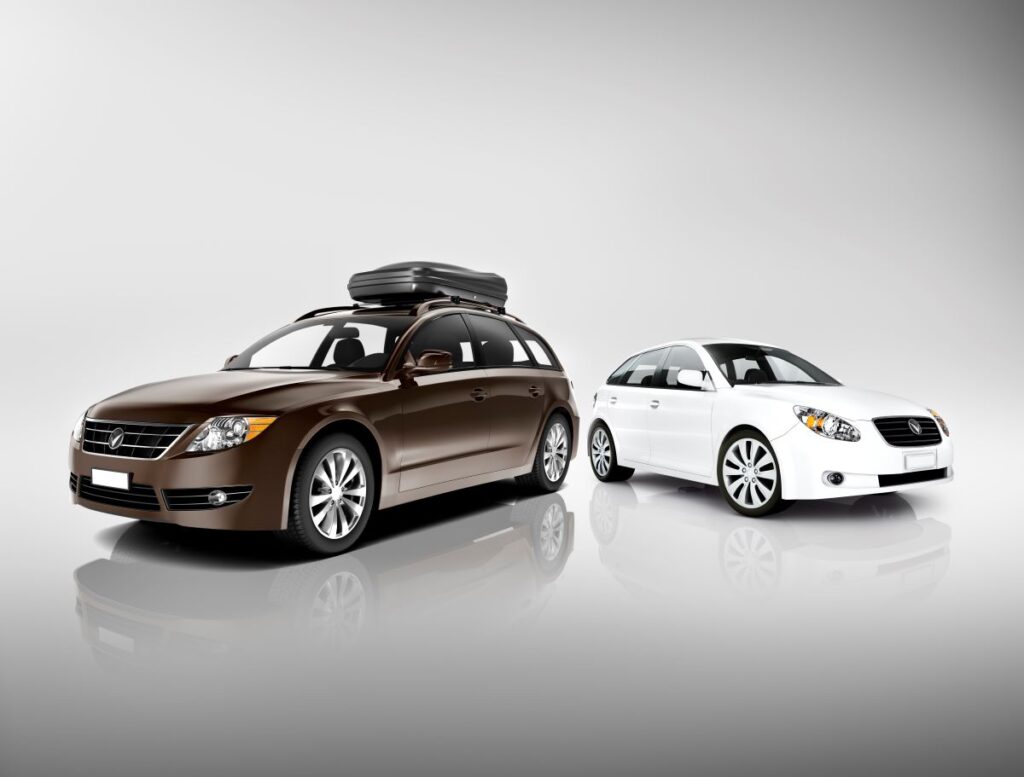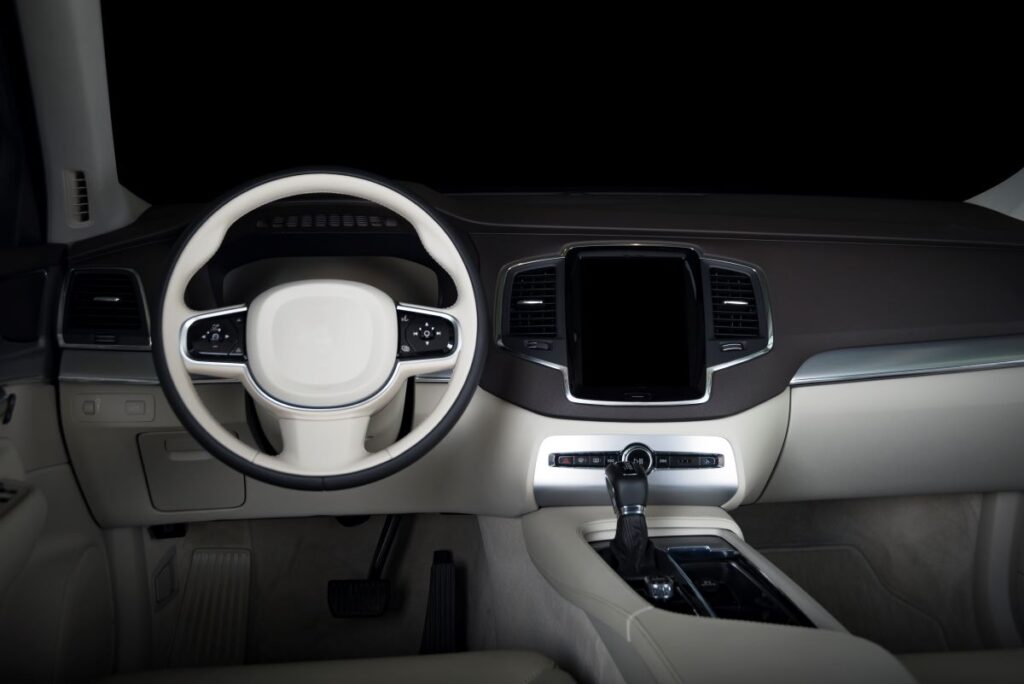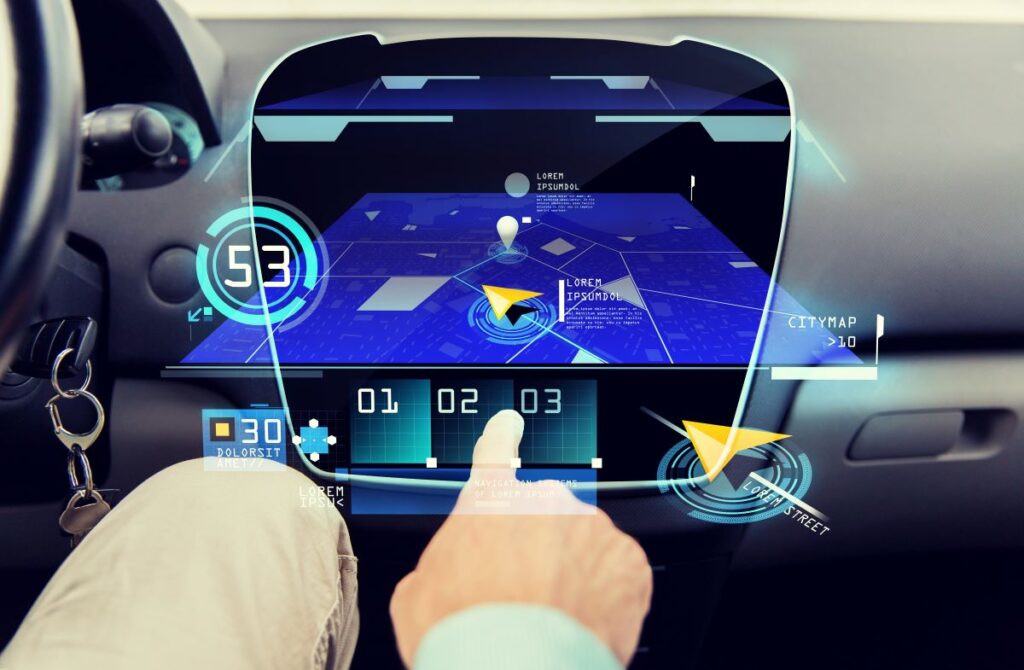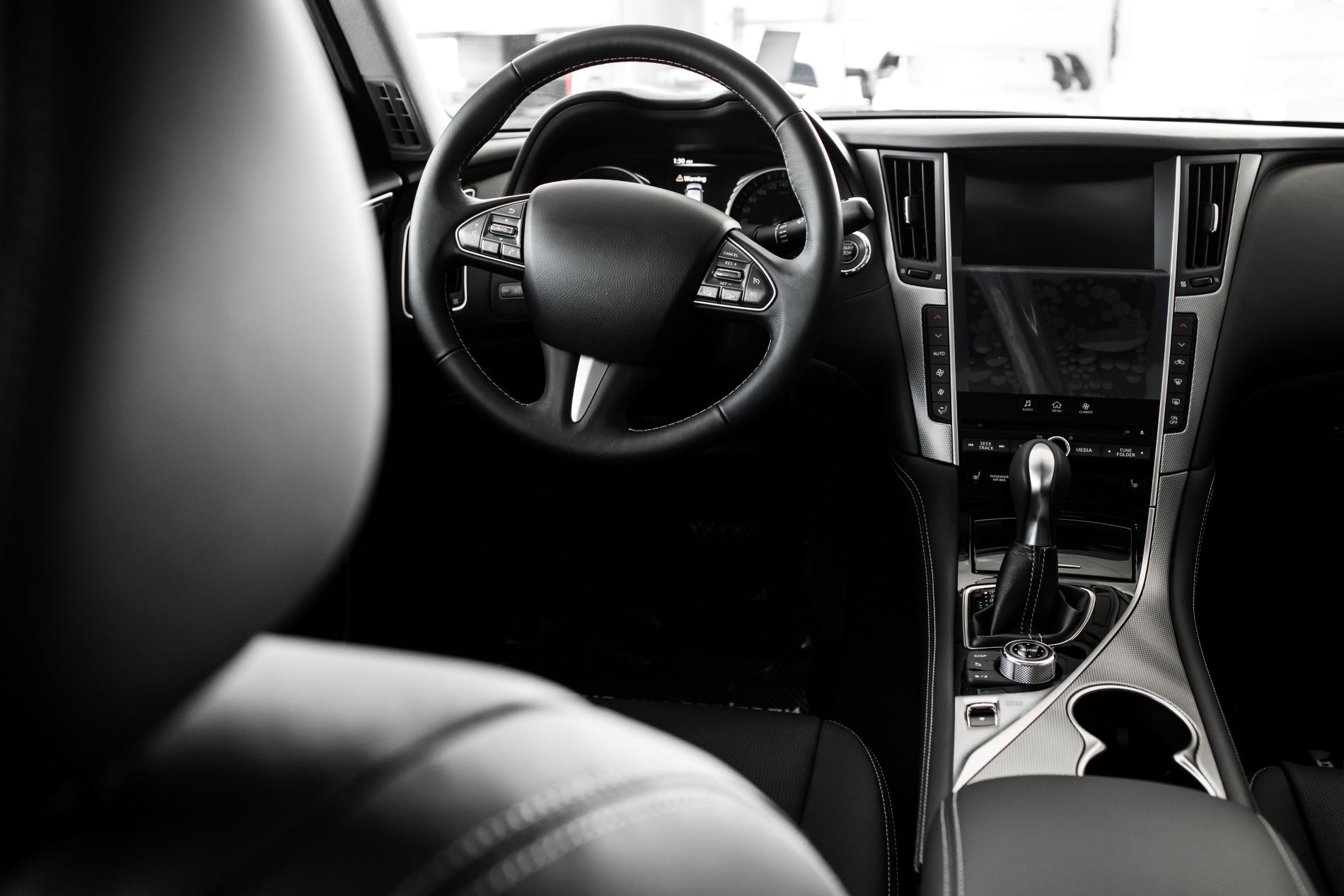Introduction
When people think of Luxury Cars, they imagine power, comfort, and superior performance. Brands like Mercedes-Benz, BMW, Lexus, and Audi dominate this segment, often promising a driving experience that feels both thrilling and exclusive. But here’s the real question: do Luxury Cars actually perform better, or do they just feel premium?
Many drivers assume that higher prices equal better engineering, speed, and longevity. Yet, the truth is more nuanced. Luxury vehicles often emphasize refinement—how they sound, feel, and look—just as much as performance. Some outperform their non-luxury counterparts, while others deliver a more emotional, sensory experience rather than raw mechanical superiority.
In this detailed guide, we’ll break down how Luxury Cars differ in performance, technology, comfort, and perception, and explore whether they truly justify their premium price tags.

1. Defining What Makes a Car ‘Luxury’
Before comparing performance, it’s essential to understand what separates Luxury Cars from standard models.
Key Characteristics of Luxury Cars
| Attribute | Description | Example Brands |
|---|---|---|
| Premium Materials | High-quality leather, wood, aluminum, and carbon fiber | Mercedes-Benz, Bentley |
| Advanced Technology | Cutting-edge infotainment, adaptive suspension, driver-assist systems | BMW, Audi |
| Brand Heritage | A strong identity tied to craftsmanship and prestige | Rolls-Royce, Jaguar |
| Comfort & Refinement | Exceptional noise insulation and ride quality | Lexus, Genesis |
| Performance Options | More powerful engines and tuned suspensions | Porsche, Maserati |
Luxury doesn’t just mean better specs—it’s an experience. Manufacturers invest heavily in sensory appeal: how the doors close, the silence of the cabin, and even the scent of the interior.

2. Performance: Power and Engineering
Luxury automakers often claim superior performance—but how much of that claim is real?
Comparing Engine Power
| Segment | Average Horsepower | Example Models |
|---|---|---|
| Compact Sedan (Standard) | 140–200 HP | Toyota Corolla, Honda Civic |
| Compact Sedan (Luxury) | 250–400 HP | BMW 3 Series, Audi A4 |
| Full-Size Sedan (Standard) | 250–300 HP | Toyota Camry, Nissan Maxima |
| Full-Size Sedan (Luxury) | 400–600 HP | Mercedes E-Class, Audi A6, Genesis G80 |
While Luxury Cars clearly have stronger engines, that doesn’t always translate into a faster or more enjoyable drive. Many mainstream vehicles today—like the Toyota GR Supra or Hyundai N series—rival or even outperform some luxury models in acceleration and handling.

The Role of Engineering and Tuning
Luxury brands spend millions perfecting not just speed but smoothness. Adaptive suspensions, precision steering, and noise-canceling systems create the illusion of effortlessness.
- Mercedes-Benz: Prioritizes comfort with “AirMATIC” suspension and advanced damping systems.
- BMW: Focuses on dynamic handling through perfect weight balance and rear-wheel drive engineering.
- Lexus: Tunes for silence and comfort over sportiness.
- Porsche: Combines luxury with high-performance sports heritage.
So while Luxury Cars often feel more refined, the sensation doesn’t always equal raw speed. Instead, luxury performance is about precision, consistency, and composure.
3. Materials and Build Quality
The tactile and visual elements of Luxury Cars are designed to make you feel exclusive. Every touchpoint—from the steering wheel to the dashboard—is crafted to create an impression of quality.
Key Build Differences
| Component | Standard Car | Luxury Car |
|---|---|---|
| Seats | Fabric or synthetic leather | Hand-stitched Nappa leather, ventilation & massage features |
| Dashboard | Hard plastic | Soft-touch materials, wood or aluminum inlays |
| Doors | Lightweight soundproofing | Multi-layer acoustic insulation |
| Paint | Basic gloss coat | Multi-stage paint with ceramic protection |

4. Technology and Innovation
Luxury Cars often serve as innovation testbeds for the entire automotive industry. Many technologies that start in luxury vehicles eventually appear in mainstream cars years later.
Examples of Tech Innovations
| Innovation | Introduced By | Now Common In |
|---|---|---|
| Adaptive Cruise Control | Mercedes-Benz | Mid-range sedans & SUVs |
| Heads-Up Display (HUD) | BMW | Mazda, Kia |
| Surround-View Cameras | Infiniti | Hyundai, Toyota |
| Ventilated Seats | Lexus | Nissan, Ford |
| Self-Parking Systems | Tesla, BMW | Hyundai, VW |
Luxury automakers use advanced sensors, lidar, and AI-powered systems to enhance comfort and safety. However, such sophistication can mean higher repair costs and more complex maintenance over time.

5. The Psychology of Luxury: Why They “Feel” Better
Beyond measurable performance, Luxury Cars excel at emotional engineering. The subtle details—soundproof cabins, smooth power delivery, precise steering feedback—are designed to create a feeling of mastery and calm.
Emotional Triggers in Luxury Vehicles
| Sensory Factor | Impact on Driver | Example |
|---|---|---|
| Sound | Noise insulation creates peace and focus | Lexus LS – “whisper-quiet cabin” |
| Touch | Soft materials and smooth controls convey refinement | Rolls-Royce – thick leather-wrapped steering |
| Scent | Custom fragrances create mood enhancement | Mercedes-Benz “AIR-BALANCE” package |
| Visual Design | Symmetry and lighting elevate sophistication | BMW ambient interior lighting |
This sensory harmony produces the “premium feeling” people associate with Luxury Cars, even if their raw numbers—like horsepower or torque—aren’t always drastically higher.

6. Luxury vs Premium vs Ultra-Luxury: The Real Differences
Many people use these terms interchangeably, but there’s a clear distinction in the automotive world.
Classification of High-End Vehicles
| Category | Price Range (Approx.) | Key Traits | Example Brands |
|---|---|---|---|
| Premium Cars | $40,000 – $70,000 | Advanced tech, comfortable interiors, good performance | Acura, Infiniti, Volvo |
| Luxury Cars | $70,000 – $150,000 | Strong brand prestige, superior build, cutting-edge innovation | BMW, Mercedes-Benz, Lexus |
| Ultra-Luxury Cars | $150,000+ | Bespoke craftsmanship, exclusivity, and status symbol | Rolls-Royce, Bentley, Maybach |
Luxury sits in the middle—offering balance between technology, performance, and heritage—while ultra-luxury caters to personalization and exclusivity.

7. Value-for-Money Comparison
It’s one thing to feel luxury—it’s another to justify it financially. Let’s analyze the cost vs benefit perspective of Luxury Cars over standard models.
| Factor | Standard Cars | Luxury Cars |
|---|---|---|
| Initial Cost | Affordable | High upfront investment |
| Maintenance | Lower and simpler | Costly due to specialized parts |
| Technology | Functional, modern | Cutting-edge, sometimes experimental |
| Fuel Efficiency | Often better | Heavier engines reduce mileage |
| Resale Value | More stable | Steeper depreciation curve |
| Longevity | 10–15 years | 8–12 years (depending on maintenance) |
Luxury brands often depreciate faster due to complex repair costs and expensive spare parts. However, some—like Lexus and Porsche—maintain exceptional resale value thanks to reliability and demand.

8. Depreciation Trends: Why Luxury Cars Lose Value Faster
Luxury vehicles start losing value the moment they’re driven off the lot. Let’s look at how different car types depreciate on average:
| Vehicle Type | 1-Year Depreciation | 5-Year Depreciation | Example |
|---|---|---|---|
| Compact Sedan (Standard) | 15% | 45% | Toyota Corolla |
| Luxury Sedan | 25% | 60% | BMW 5 Series |
| Luxury SUV | 20% | 55% | Mercedes GLE |
| Sports Luxury | 30% | 65% | Jaguar F-Type |
Depreciation is influenced by maintenance costs, fuel economy, and model updates. When newer tech arrives—like advanced infotainment or safety systems—older models feel outdated faster.

9. Reliability and Maintenance
Reliability is where mainstream brands often outperform luxury ones. Complex systems in Luxury Cars, such as air suspension or autonomous tech, can fail more often and cost more to repair.
Average Maintenance Cost Over 10 Years
| Brand | Estimated Maintenance Cost | Reliability Rating (out of 5) |
|---|---|---|
| Toyota | $5,000 | 4.8 |
| Lexus | $7,000 | 4.6 |
| BMW | $15,000 | 3.2 |
| Mercedes-Benz | $13,000 | 3.5 |
| Audi | $12,000 | 3.4 |
Luxury models require premium oil, specialized parts, and high-end servicing, which increases ownership costs.

10. The Verdict: Performance vs Perception
So, do Luxury Cars actually perform better—or just feel like they do?
- Performance: Yes, they often have superior engines, handling, and stability.
- Perception: The premium feel—quiet ride, refined materials, smooth steering—is just as important as measurable performance.
- Value: You pay for the entire experience, not just the mechanical difference.
In short, luxury is a mix of engineering precision, emotional satisfaction, and status perception.

Are Luxury Cars more reliable than regular cars?
Not necessarily. Luxury Cars often have advanced systems that can fail more frequently, though premium brands like Lexus and Porsche have a reputation for strong reliability when properly maintained. According to research from J.D. Power’s Vehicle Dependability Study, luxury vehicles tend to perform better in long-term quality only when serviced regularly by certified professionals.
Are Luxury Cars more reliable than regular cars?
Not necessarily. Luxury Cars often have advanced systems that can fail more frequently, though premium brands like Lexus and Porsche have a reputation for strong reliability when properly maintained.
Which brand offers the best balance between luxury and reliability?
Lexus consistently ranks as one of the most reliable luxury brands, offering refined comfort and long-term durability with moderate maintenance costs.
Are Luxury Cars worth buying used?
Yes, if you find a well-maintained model with a verified service history. Many used luxury vehicles offer premium experiences at a fraction of the new price—just make sure maintenance records are complete.
Why do some luxury cars depreciate faster than others?
Depreciation depends on brand reputation, reliability, and market demand. Brands like BMW or Jaguar often lose value faster than Lexus or Porsche due to higher ownership costs. For a deeper look at value trends, see our article on Why Do New Cars Lose Value So Quickly?.

